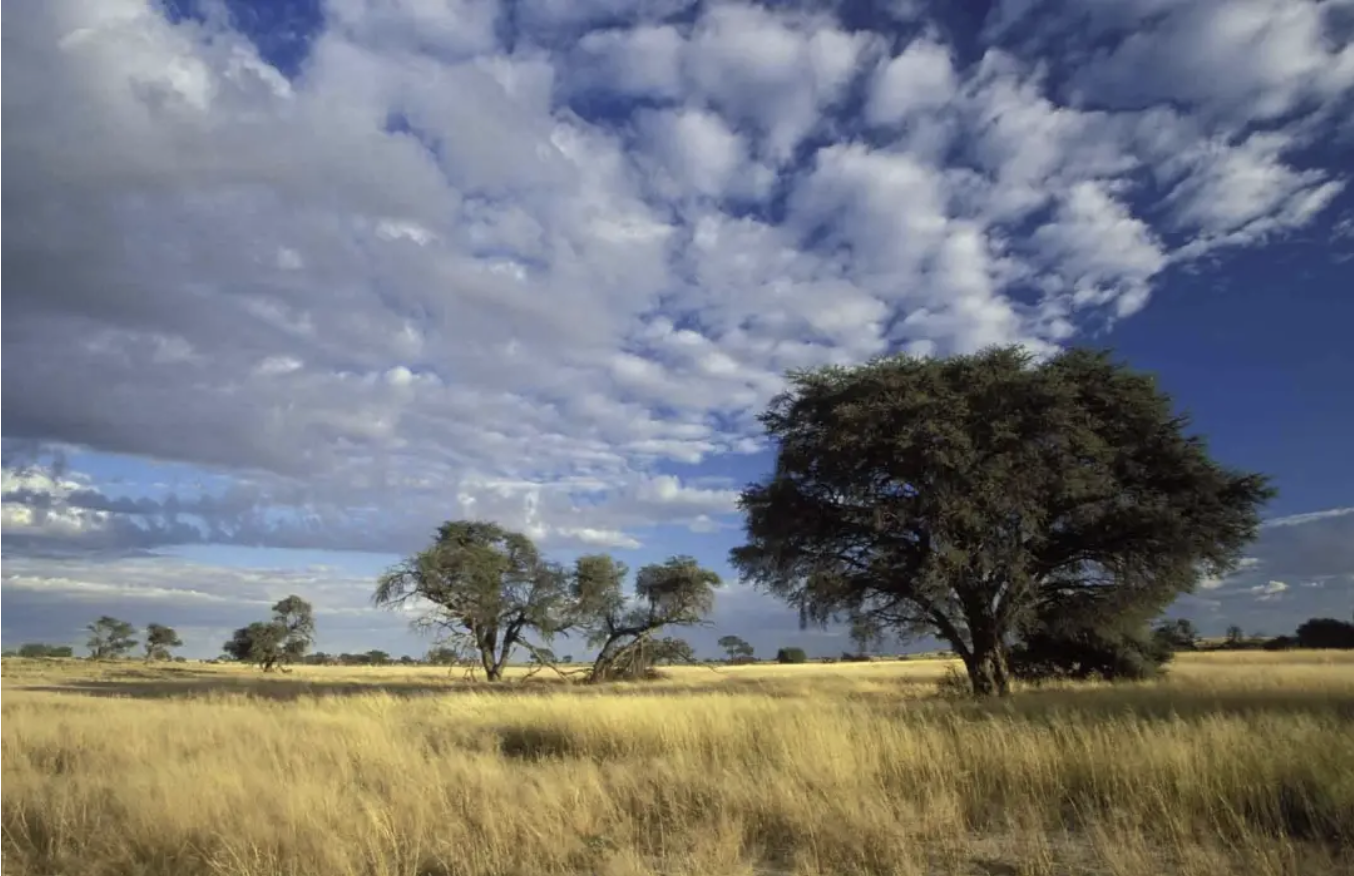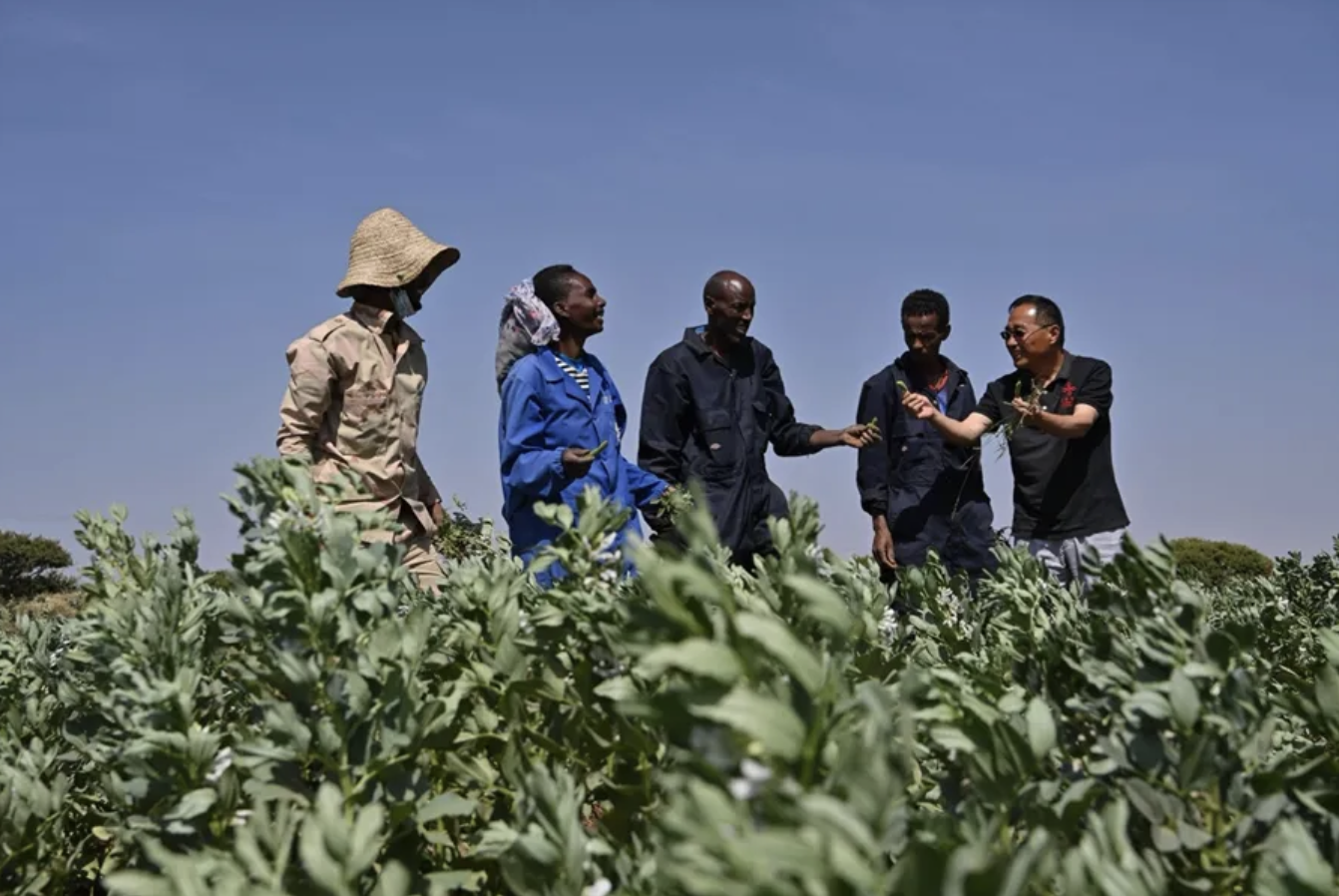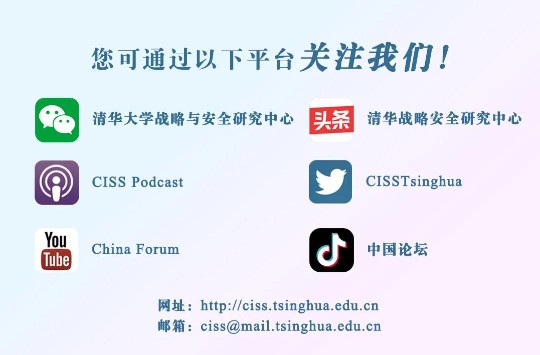
The volume of China-Africa trade has hit new highs. According to the Ministry of Commerce on Wednesday, China has remained Africa's largest trading partner for fifteen consecutive years. In 2023, trade between the two reached a historic high of 282 billion US dollars, meaning year-on-year growth of 1.5 percent.
(February 1, 2024, “China-Africa Ties: China-Africa trade volume reaches historic high of US$282.1 bln”, CGTN)
In recent years, more and more infrastructure projects in Africa undertaken by China have yielded tangible benefits, often exceeding the traditional transport domain. Since the establishment of the Forum on China-Africa Cooperation (FOCAC) in 2000, according to the "China and Africa in the New Era: A Partnership of Equals" white paper, Chinese companies have helped African countries build or upgrade more than 10,000 km of railways, nearly 100,000 km of highways, roughly 1,000 bridges, almost 100 ports, 66,000 km of power transmission and distribution, an installed power-generating capacity of 120 million kW, a communications backbone network of 150,000 km, and a network service covering nearly 700 million user terminals.
(June 29, 2024, "Guest Opinion: China-Africa infrastructure cooperation: Building the groundwork for a better future", Xinhua)
China's support extends beyond infrastructure and trade. By June this year, China had provided aid to 53 African countries, implementing a range of livelihood projects in areas such as food security, water supply, maternal and child health, and education, benefiting over 10 million people.
(August 29, 2024, “Key milestones of China-Africa cooperation under BRI”, CGTN)

Chinese modernization has given Africa and the world "another option" that is different from the West and puts more emphasis on finding a path more suited to a country's own conditions, experts said, with some believing that China's case in this regard is more useful as a reference, given the similar historical backgrounds, similar starting points, and the common task of rapid transformation faced by "latecomers." This makes cooperation in governance capabilities between China and Africa particularly crucial, observers noted.
Madakufamba said that "the most important thing is China has walked through a similar path. China is experienced, it has gone through and made some mistakes along the way…The cooperation between China and Africa is a win-win partnership, emphasizing the importance of understanding each other's context, circumstances, and development priorities."
(September 5, 2024, “China, Africa to stay at forefront in pursuing modernization”, Global Times)
Chinese President Xi Jinping said Thursday that China will provide 360 billion yuan (more than $50 billion) in financial support to Africa over the next three years. Xi spoke on the second day of the ninth Forum on China-Africa Cooperation Summit, which is expected to deliver new policies and cooperation agreements that will set the stage for China-Africa relations in the next three years.
On top of the 360 billion yuan in financial support, Xi mentioned that China will “encourage and support” Africa in issuing panda bonds in China. The pledged financial assistance will break down into 210 billion yuan in credit facilities, 80 billion in various types of assistance and 70 billion yuan worth of investments in Africa by Chinese firms.
(September 5, 2024, “China’s Xi pledges over $50 billion in financial aid to Africa to deepen ties”, CNBC)
In recent years, Chinese-funded "small and beautiful" livelihood projects in Africa have captured the spotlight alongside flagship megaprojects under the Belt and Road Initiative (BRI). From nurturing agricultural innovation to boosting digital technology and green energy, these efforts have reaped tangible economic and social benefits, accelerating Africa's modernization.
(September 7, 2024, “'Small and beautiful' projects under BRI weave tapestry of China-Africa shared prosperity amid elevated ties”, Global Times)
China-Africa educational institutions are also maintaining strong collaboration. Sixty-one Confucius Institutes and forty-eight programs have been established in forty-eight African countries as of 2021. Additionally, China has supported over thirty African universities to set up departments or programs to study Chinese language.
Media and cultural exchanges between African countries and China have increased since the start of the pandemic, largely due to the use of digital technologies. Chinese and African entertainment industries have been deepening their collaboration as well, with the joint production and broadcasting of movies and television series.
(May 30, 2024, “How Is China’s Economic Transition Affecting Its Relations With Africa?”, Carnegie Endowment for International Peace)
(图片来源:CGTN)
(图片来源:CGTN)
编辑:李子健
审核:中国论坛

